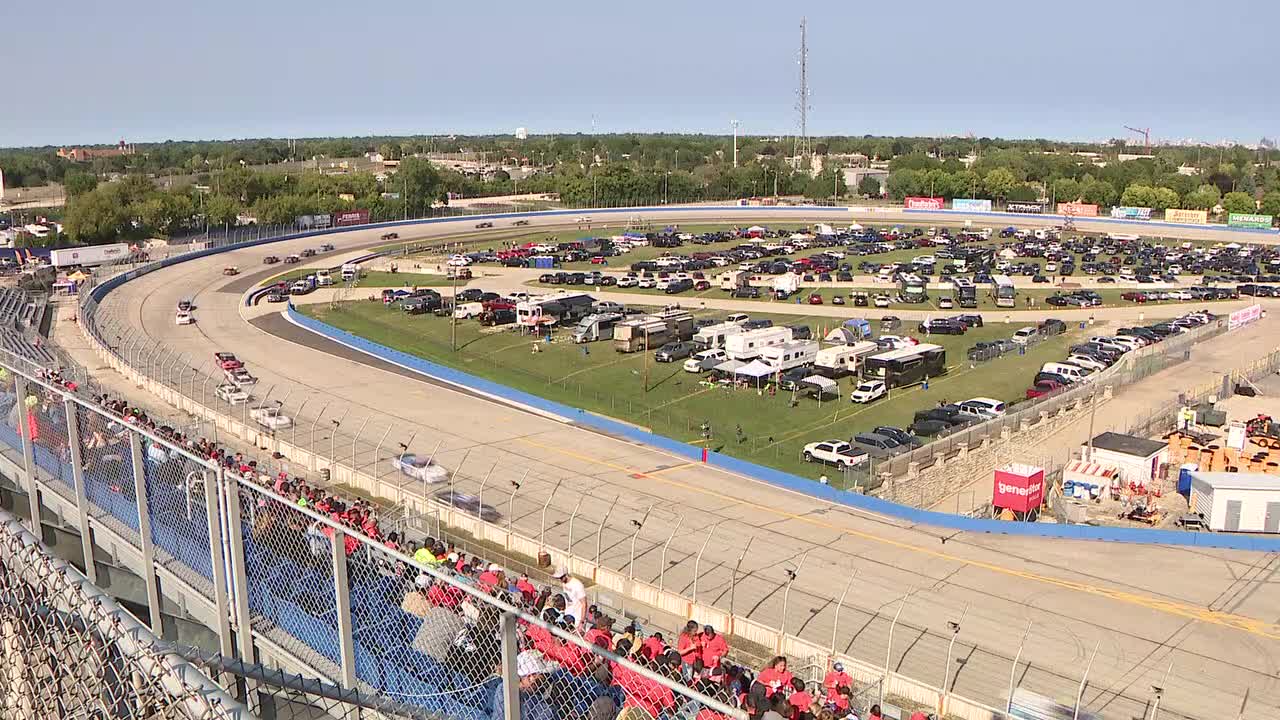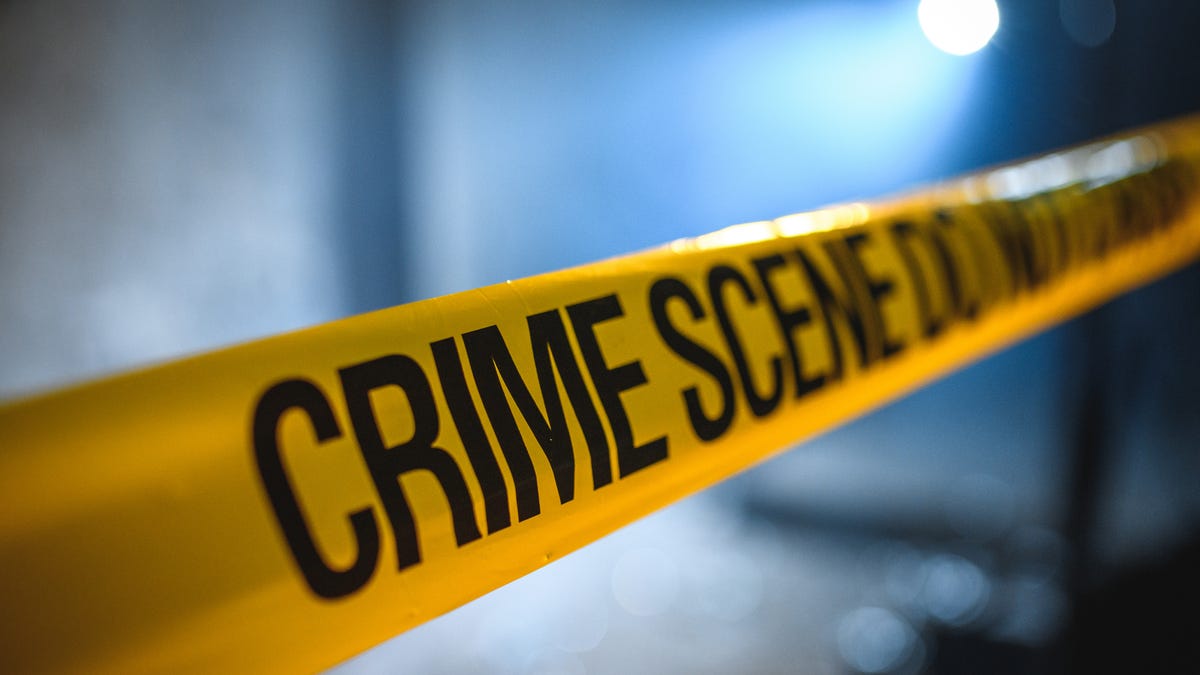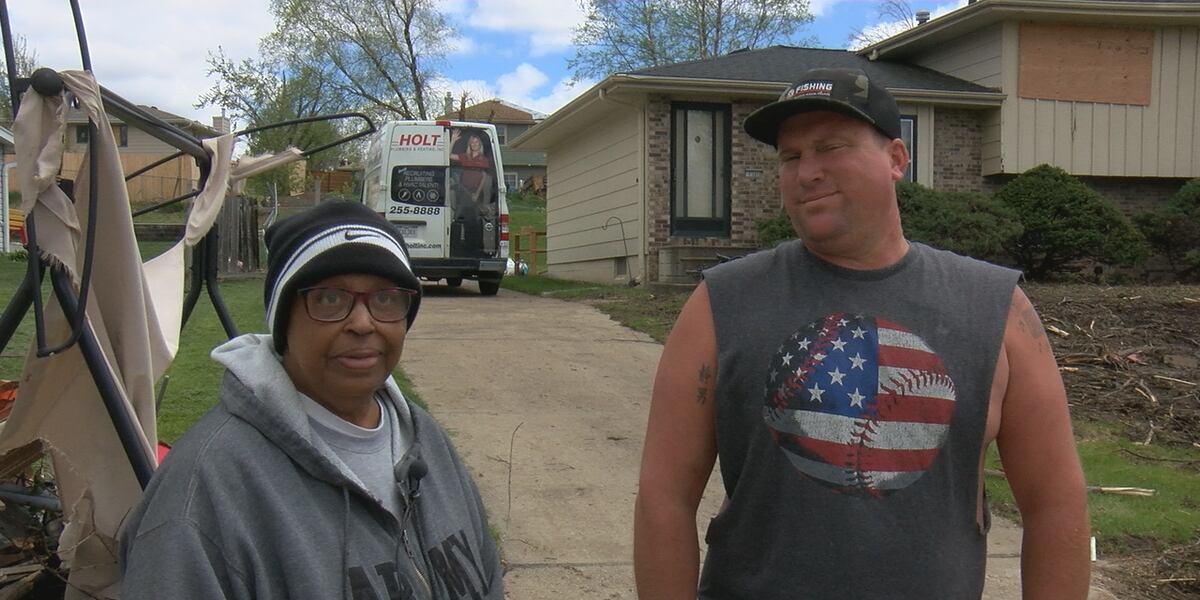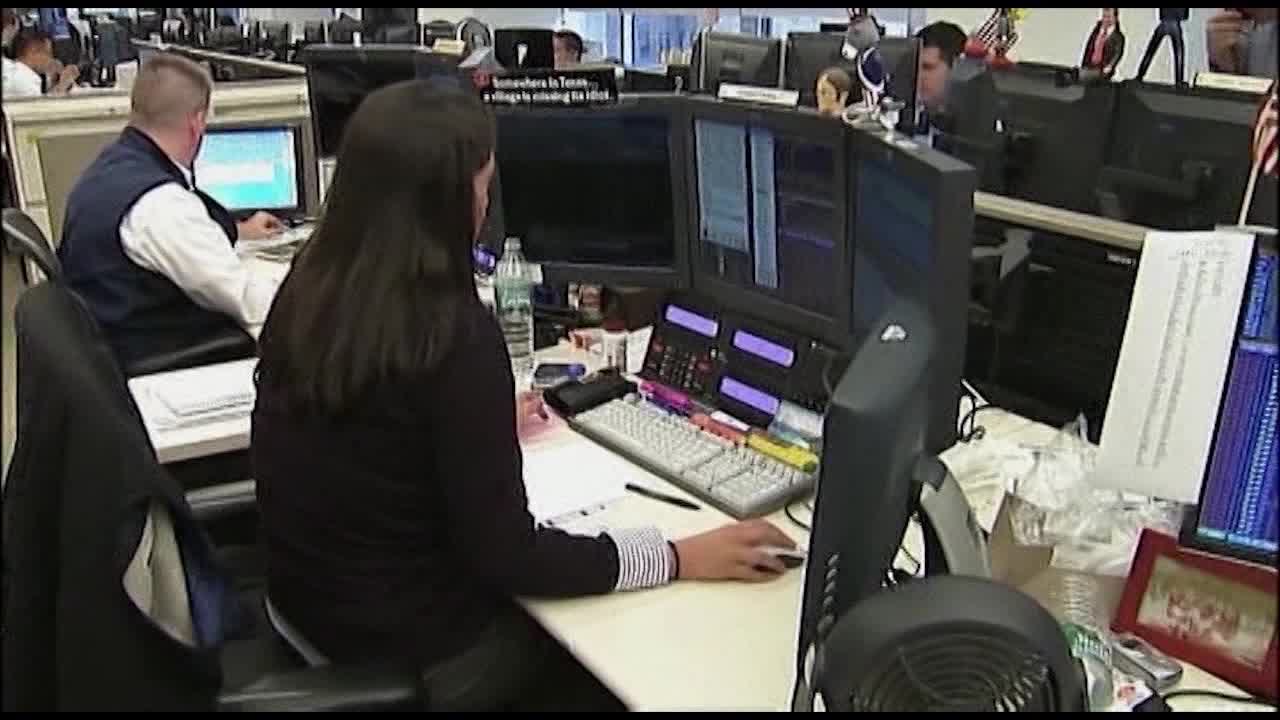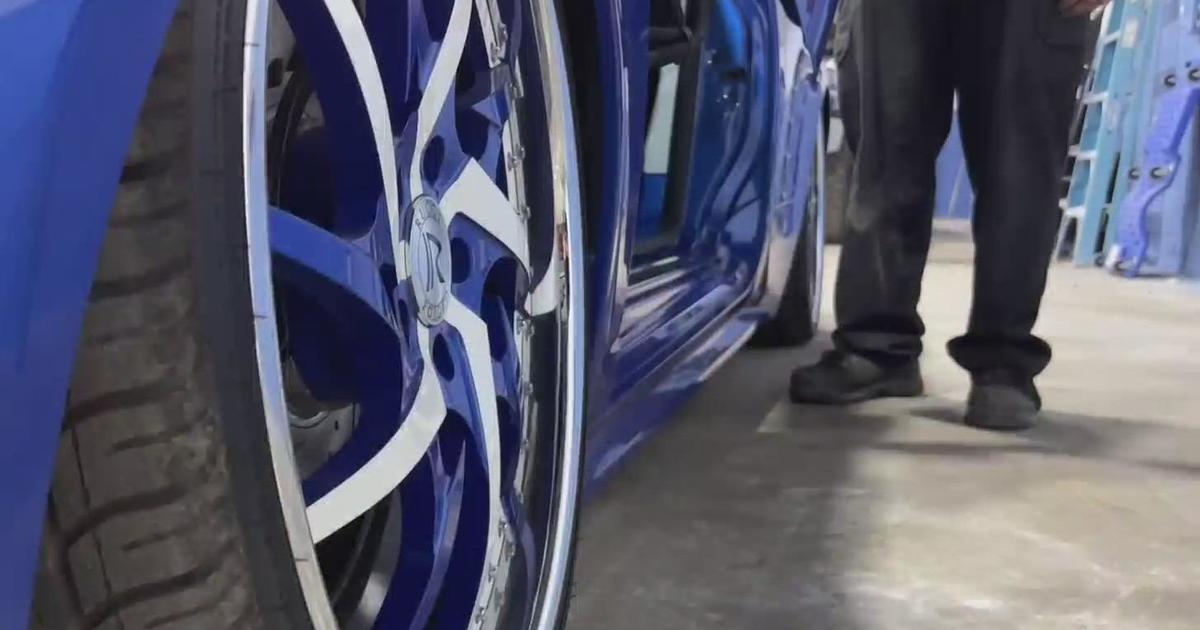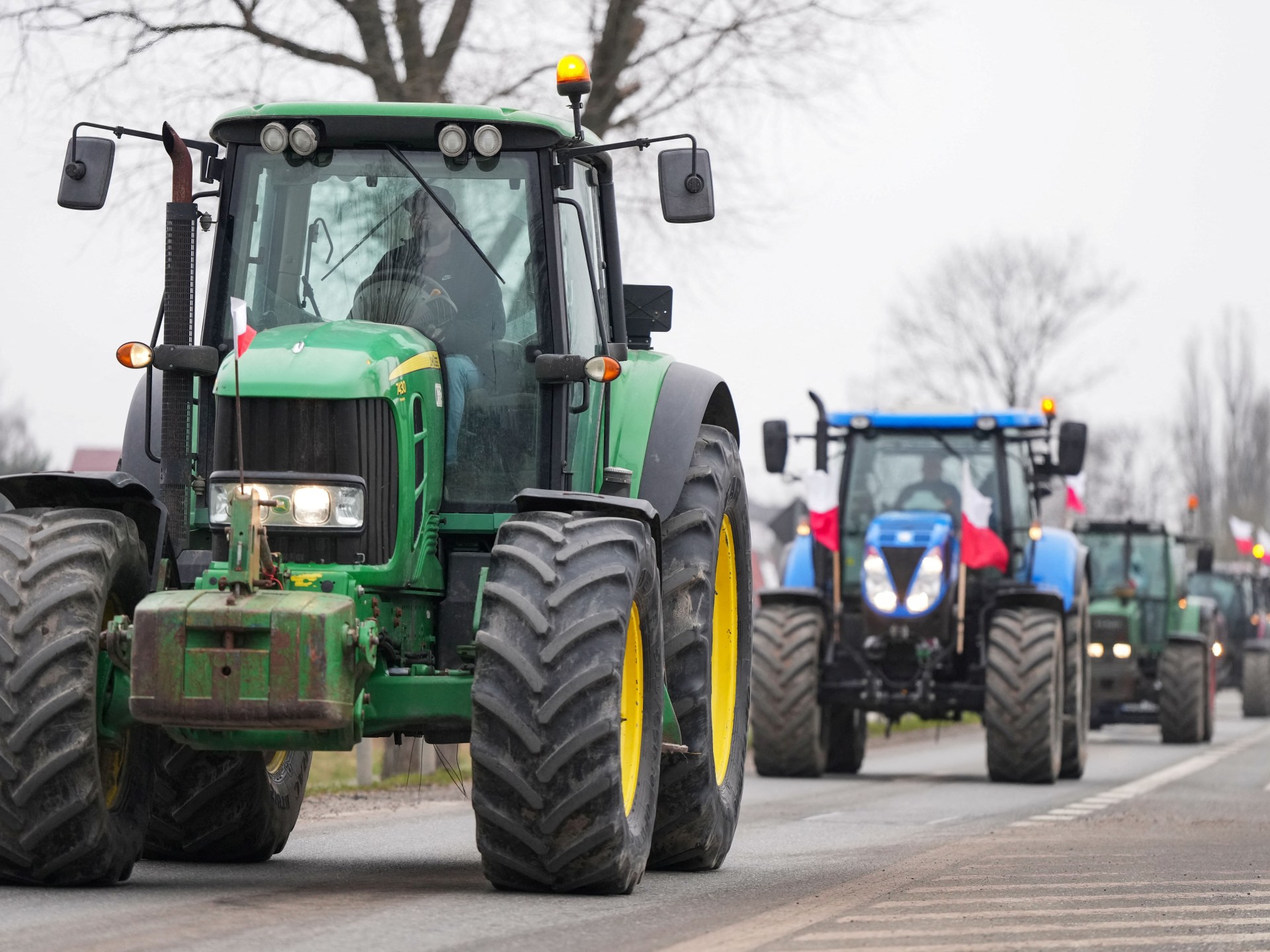Illinois
Phone down, eyes up: Illinois agencies emphasize safe driving ahead of Work Zone Awareness Week
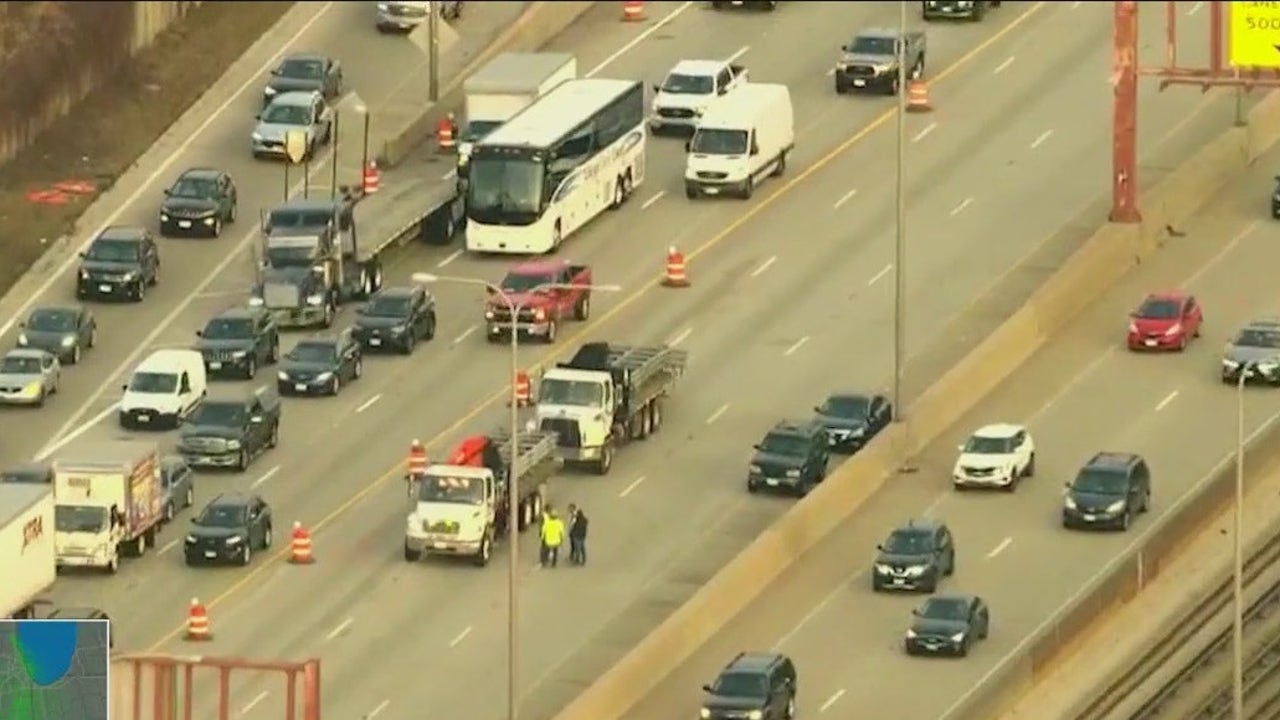
Illinois agencies call for phone-free driving as Work Zone Awareness Week approaches
Multiple Illinois agencies are urging drivers to exercise caution while behind the wheel ahead of National Work Zone Awareness Week.
CHICAGO – Multiple Illinois agencies are urging drivers to exercise caution while behind the wheel ahead of National Work Zone Awareness Week.
Emphasizing the need for caution on the roads, the focus was on highlighting the risks faced by road workers due to careless driving.
This year’s theme underscores the temporary nature of work zones and the lasting impact of driver behavior.
Leaders from various agencies advocated for safe driving practices, urging drivers to slow down and exercise caution when approaching work zones to ensure everyone’s safety.
Each year, over 6,000 crashes occur in Illinois work zones, resulting in more than 1,600 injuries.
The Illinois Department of Transportation is proactively spreading the safety message ahead of an anticipated busy road work season.
“We want drivers to know, there will be numerous work zones on the tollway system this year as we plan to invest $1.4 billion in roadway repairs and improvements,” said Cassaundra Rouse, executive director of the Illinois Tollway.
In 2023, 24 fatalities were recorded in Illinois work zones, including one highway worker.
Illinois authorities stressed the importance of avoiding distractions, particularly mobile phone usage while driving.

Illinois
Sweet Basil Cafe opens seventh Illinois location in Hanover Park
Illinois’ seventh Sweet Basil Cafe opened Monday in Hanover Park’s Westview Center on Barrington Road.
Paul Valade/pvalade@dailyherald.com
Illinois’ seventh Sweet Basil Cafe opened Monday in Hanover Park’s Westview Center on Barrington Road.
Paul Valade/pvalade@dailyherald.com
Sweet Basil Cafe in Hanover Park has a pet-friendly patio.
Paul Valade/pvalade@dailyherald.com
Sweet Basil Cafe opened its seventh Illinois location Monday at the former site of Tap House Grill in the Westview Center in Hanover Park.
A ribbon-cutting ceremony with local officials is expected shortly after exterior signs are delivered and installed at the breakfast, lunch and dinner restaurant at 7600 Barrington Road, Hanover Park Mayor Rod Craig said.
“It definitely fills a niche,” he added. “It’ll be a value to the center. I’m excited about it.”
Craig said he hopes the presence of the new business will encourage the return of the Cruise Nights that previously used the parking lot near Tony’s Fresh Market.
The family-owned and operated restaurant will be open daily from 8 a.m. to 6 p.m. It features a coffee bar with a variety of specialty coffee drinks, flights, smoothies and shakes.
A new addition for Sweet Basil Cafe is a pizza menu for either dine-in or carryout.
Refurbishments to the building include a pet-friendly patio where dogs are entitled to a free puppy cup.
Sweet Basil Cafe’s other Illinois locations are in Algonquin, Skokie, Rockford, Peoria, Champaign and Springfield.
Illinois
When are the Illinois cicadas coming?
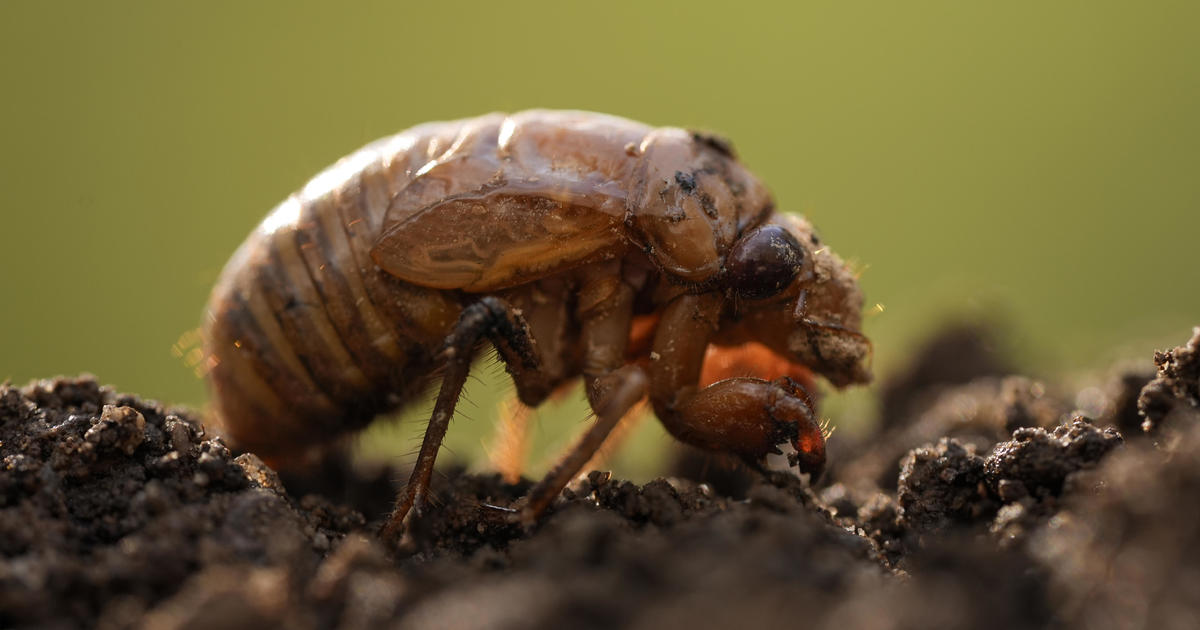
When are the Illinois cicadas coming?
Soon, but not quite yet.
CBS News associate producer Maddy Wierus went on a baby cicada hunt last week in Champaign, Ill., with the University of Illinois entomologist Dr. Katie Dana.
Baby cicadas found in Champaign
After a bit of digging, Dana found three or four nymphs several inches underground.
“Oh, wait, I see that guy!” Dana said. “He’s down in the hole! Oh my gosh. I’m pretty sure unless that’s a beetle.”
After a closer inspection, it wasn’t a beetle. It was actually a cicada, not quite ready to emerge.
“It’s butt sticking out of the hole there,” Dana said. “So you can see there’s at least three or four there.”
Dana said the soil is warming a bit faster than she would like.
When will cicadas emerge in Illinois?
However, based on the bug’s color, these little guys still have some time to spend in the soil before their big reveal, Dana said.
There are two groups of periodical cicadas — those that emerge every 13 years and those that emerge every 17 years. For most of their lives, cicadas live underground and emerge once the soil reaches 64 degrees.
Because they are temperature-dependent, cicada emergences may vary depending on the location. In 2024, they are expected sometime in May or early June, according to Ken Johnson, a horticulture educator at the University of Illinois.
Illinois
Say no to CO2 pipeline projects in Illinois until safety is assured

Situated in the heart of the country and seen as a hub for tourism, architecture, history and natural wonders, it is often said that Illinois is in the “middle of everything.” Unfortunately, fossil fuel interests have set their sights on making the Prairie State the middle of a vast network of dangerous carbon dioxide pipelines.
Over the past two years, farmers, landowners and concerned citizens across Illinois have sounded the alarm that carbon dioxide pipelines proposed by Navigator CO2 Ventures, Wolf/ADM and One Earth Energy would leave Illinois residents, local drinking water and public health overall vulnerable to the serious risks associated with capturing, transporting and injecting fossil fuel pollution into the earth. The concerns of these citizen activists are well-founded.
Projects involving carbon capture and sequestration may indeed be a climate solution for hard-to-decarbonize sources of pollution, particularly where electrification is not an alternative in the near to medium term. However, such projects pose risks at every step of the industrial process — at the capture facility, when CO2 is transported through pipelines, and at sequestration facilities.
The carbon capture process requires more energy to power equipment and can actually increase carbon dioxide emissions, all while continuing to spew health-harming pollutants into the atmosphere. What’s more, the transport of those CO2 emissions can turn deadly and fast.
In 2020, a CO2 pipeline in Satartia, Mississippi ruptured, forcing 200 people to evacuate their small town and nearly suffocating 49 people who were hospitalized with life-threatening symptoms. CO2 is an asphyxiant, and if concentrations are high enough, it can kill people within minutes and render combustion engines incapable of starting, making it challenging for first responders to rescue victims.
Lack of regulation
Despite these extraordinary risks, there are few regulations in place at the state or federal levels to protect Illinoisans, our land and our water. The lack of regulation is a glaring oversight, particularly because fossil fuel interests have set their sights on making Illinois ground zero for carbon capture and sequestration.
Thus far, the proposed projects have been stalled, largely as a result of the widespread health and safety concerns of citizens and local governments across the state. CO2 pipelines have been proposed in 23 Illinois counties so far, and more proposals are on the way.
The U.S. Department of Energy claims as many as 96,000 miles of CO2 pipelines could be built across the country by 2050. That’s why Illinois must act swiftly to protect our communities as companies rush to cash in on lucrative federal tax credits for these projects.
After the pipeline rupture in Mississippi, the federal Pipelines and Hazardous Materials Safety Administration initiated a rule-making process to update and adopt new rules to improve safety and oversight of CO2 pipelines. That rule-making process is still in progress, and draft rules are expected by the end of 2024.
In the meantime, stakeholders here in Illinois are working to develop emergency response plans and comprehensive policies that ensure safe setbacks, prevent the use of eminent domain and establish critical protections for our land and water. While state and federal stakeholders undergo that critical fact-finding and policy drafting, all CO2 pipeline projects must be paused.
For carbon capture and sequestration to someday have a place in our state’s climate mitigation strategy, we need legislative guardrails that ensure it legitimately serves the economic and environmental interests of all Illinois citizens.
In fact, Republicans and Democrats in the Illinois General Assembly are joining together to call for a moratorium on carbon dioxide pipelines and work to enact strong protections on both the capture and storage of carbon. Hopefully, these bipartisan efforts will result in strong safeguards so we don’t find ourselves in the middle of a disaster.
Jack Darin is the director of Sierra Club Illinois.
The Sun-Times welcomes letters to the editor and op-eds. See our guidelines.
The views and opinions expressed by contributors are their own and do not necessarily reflect those of the Chicago Sun-Times or any of its affiliates.
-

 World1 week ago
World1 week agoShipping firms plead for UN help amid escalating Middle East conflict
-

 Politics1 week ago
Politics1 week agoICE chief says this foreign adversary isn’t taking back its illegal immigrants
-

 Politics1 week ago
Politics1 week ago'Nothing more backwards' than US funding Ukraine border security but not our own, conservatives say
-

 News1 week ago
News1 week agoThe San Francisco Zoo will receive a pair of pandas from China
-

 World1 week ago
World1 week agoTwo Mexican mayoral contenders found dead on same day
-

 World1 week ago
World1 week agoBrussels, my love? The EU single market is not sexy enough for voters
-

 Politics1 week ago
Politics1 week agoRepublican aims to break decades long Senate election losing streak in this blue state
-

 World1 week ago
World1 week agoEU sanctions extremist Israeli settlers over violence in the West Bank
